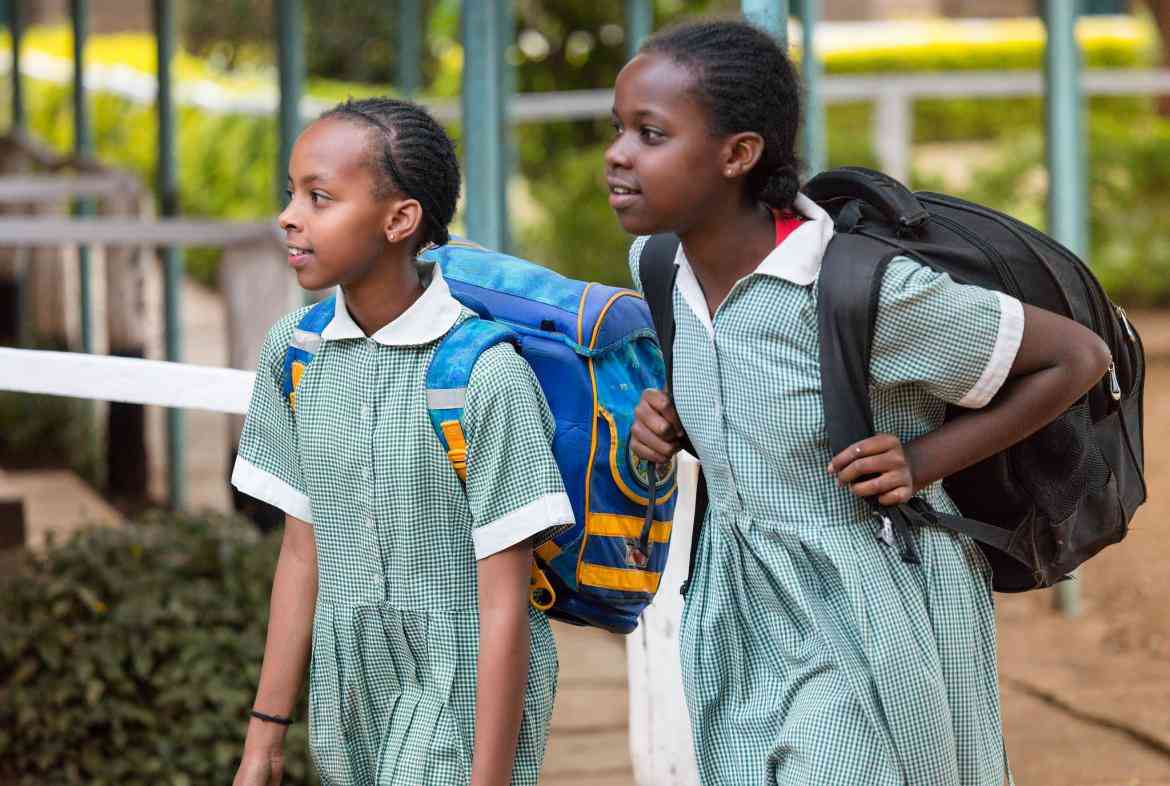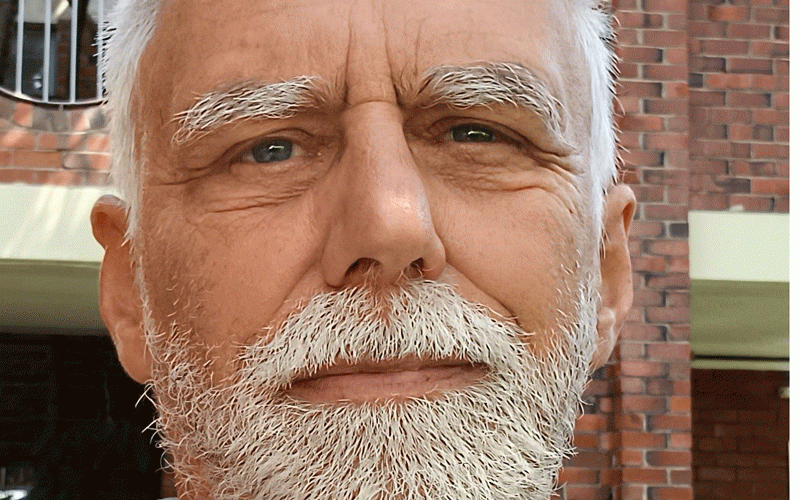
A British television presenter once cleverly and wittily said that “Time flies like an arrow but fruit flies like a banana”.
On a different level, there is the saying that “When life give you lemons, squeeze them in people’s eyes.” Someone else once said that “women are like fruits.
Everyone has its unique colour, shape, aroma and taste. The problem is with men. They like fruit salad.”
However, speaking of fruit salad, another philosopher declared that “Knowledge is knowing a tomato is a fruit; wisdom is not putting it in a fruit salad.”
We have considered in a previous article how children are like fruit, different in many ways, none being better or worse than others, all looking to grow and develop.
In short, we should not be looking at pupils’ results but in their growth, their development, as people and as individuals.
Sir Ken Robinson, a celebrated and far-thinking educationist, has long urged society to view education as an agricultural metaphor not as an industrial, to see teachers like gardeners or farmers.
They cannot make a plant grow; they “don’t stick roots on it, paint the petals or attach leaves”.
- NBA Playoffs: Curry gets the Warriors to semis
- Climate action project builds new narratives
- DJ Ladyg2 fights stereotype in showbiz
- Hebrew scriptures: Can we still believe in a soul?
Keep Reading
He argues persuasively that in the same way as gardeners ensure conditions are right for growth, so education is about providing the right conditions for the child to grow - you cannot make a plant grow just as you cannot simply make a child educated. There are some things we have to do.
Many of the parables in Jesus’s ministry were about seeds, plants and fruit and some, most famously the Parable of the Seed (not the Sower), refer to the need to ensure the conditions are ready for growth.
Some ground is baked hard by people walking on it; some is rocky; and some is full of weeds and thorns. On such land, no growth is possible.
The same applies to education in all forms, social, intellectual, physical, spiritual. We have to, in the words of Ken Robinson, “create a climate of possibility” for our children to grow, to flourish. To do that, we can note some important factors.
Firstly, we need to ensure we Feed the plant – in a similar way that is what teachers are doing.
Teachers are not fitting parts on to a new car; they are feeding youngsters with the ingredients to enable them to grow and to bear fruit.
A fruit tree needs heat, water and fertiliser – we as teachers need in turn to provide an equivalent, the stimulus for them to grow.
Secondly, just as with fruit trees, we need to ensure that we give them Roots. A tree without roots will collapse, will not stand up to the storms, will not draw enough strength or nutrients for the fruit to grow; the same applies to education.
We need to ground our youngsters in truth, in good soil. They need to be rooted in principles not in programmes.
Thirdly we need to treat them; we do not just plant a fruit tree and leave it to grow by itself. We will prune it and treat it because bugs, insects, diseases can easily prevent the production of fruit.
We will eliminate weeds and thorns that strangle the life out of them. We seek to do the same with our pupils to help them produce real fruit.
So, for fruit to grow, we must Feed, Root and Treat – F, R, T which just leaves U and I in the middle for us to spell FRUIT!
You and I play a big part in bearing fruit in our youngsters; in fact, we are at the very heart of it. Fruit sounds like Root with an F – and the F will stand for Faith.
The true test of growth is fruit. That is our business here in schools – to produce fruit in the lives of our pupils. Not results but fruit.
The wise philosopher Aristotle said many centuries ago that “The roots of education are bitter, but the fruit is sweet.”
Many youngsters may agree with the first part of that statement and only years later appreciate the sentiment at the end. Don’t ask about results; ask if there is fruit.
Fruit is what matters. That is the fruit we seek to grow here.
Someone once said that “Life was much easier when apple and blackberry were just fruits” but whether that is the case or not, we certainly need to ensure that we treat education like fruit.
But we do well to note what Jacques Barzun has said: “In teaching you cannot see the fruit of a day's work. It is invisible and remains so, maybe for twenty years.” If we do not treat education in this way, then we have gone bananas.
- Tim Middleton is the executive director of the Association of Trust Schools [ATS]. The views expressed in this article, however, are solely those of the author in his private capacity and do not necessarily represent the views of the ATS.
- email: ceo@atschisz.co.zw
website: www.atschisz










